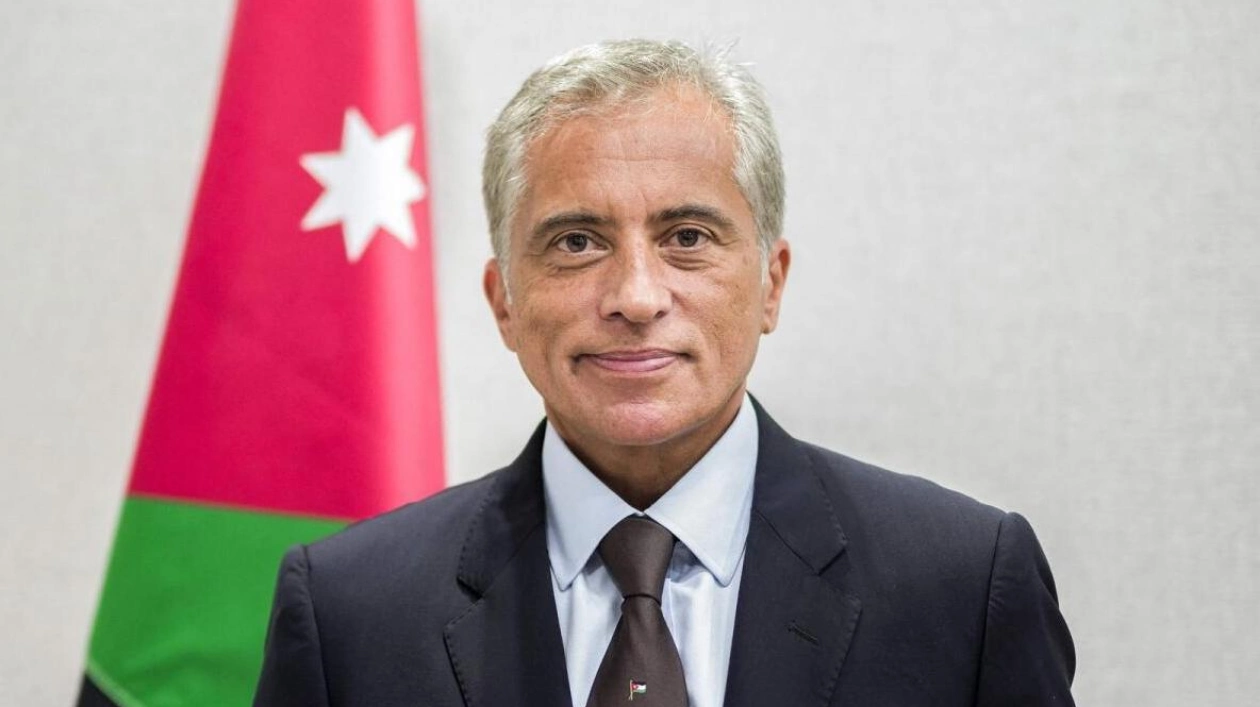On Wednesday, Jordan's King Abdullah inaugurated a reformist government, charged with expediting IMF-supported reforms and advancing political and economic modernization, essential for reversing a decade of sluggish growth, according to officials.
The Harvard-educated Prime Minister, Jaafar Hassan, who previously headed the monarch's office, has demonstrated his administrative capabilities throughout a lengthy public career, including overseeing economic reforms as a deputy premier and during his tenure as planning minister, as per officials and politicians.
Politicians highlight that a pivotal task is accelerating IMF-guided reforms and managing over $50 billion in public debt in a nation with high unemployment, which relies on billions of dollars in foreign aid from Western donors for stability.
The traditional conservative establishment has long been accused of hindering the modernization efforts championed by the Western-oriented monarch, fearing that liberal reforms would weaken their hold on power.
Veteran Foreign Minister Ayman Safadi, known for his strong anti-Israel stance that has irked the country's western neighbor, retained his position in the new 32-member cabinet, which includes moderates, tribal politicians, and technocrats.
Hassan consulted with the influential Islamist opposition, which made substantial gains in recent parliamentary elections. The Islamists secured 31 seats, the most they have held since parliamentary life resumed in 1989 after decades of martial law, making them the largest political bloc in parliament.
Despite the new 138-member parliament maintaining a pro-government majority, the more vocal Islamist-led opposition could challenge IMF-backed free-market reforms and foreign policy, according to diplomats and officials.
The Islamists, who spearheaded some of the largest rallies in support of their ideological allies, the militant Palestinian movement Hamas, campaigned on a platform of enhancing democracy and lifting restrictions on public freedoms.
The detention of dissidents and activists for criticizing government policies during the Gaza conflict has raised concerns about an increasingly authoritarian regime, according to rights groups and independent politicians.
The new Finance Minister, Abdul Hakim Al Shibli, a seasoned economist, replaces Mohammad Al Ississ, who was commended by the IMF for his efforts in reform and fiscal prudence, avoiding austerity measures that had sparked social unrest in previous years.
The previous government aimed to drive reforms advocated by King Abdullah to counteract a decade of sluggish growth, averaging around two percent, exacerbated by the Covid-19 pandemic and conflicts in neighboring Iraq and Syria. Jordan, one of the closest U.S. allies in the Middle East, hopes to secure additional donor aid to mitigate the impact of regional turmoil and the Gaza war on its economy, officials say.






